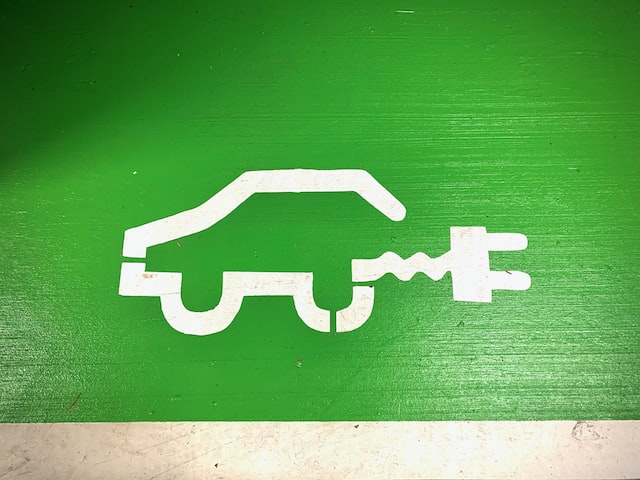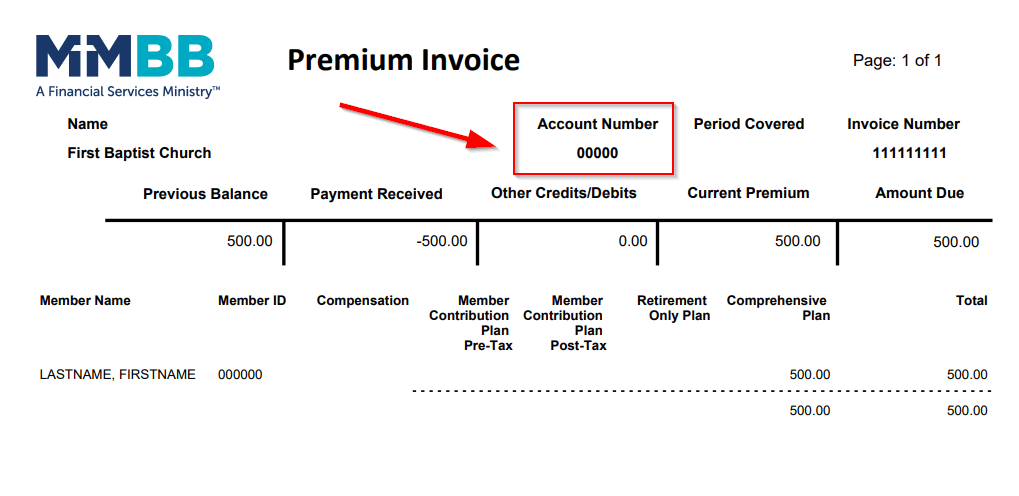Which is Right for You? Hybrid or Electric Car
As manufacturers roll out new electric vehicle (EV) models to suit consumer needs and wants, EVs are expected to be almost 20 percent1 of new car registrations this year claims Car and Driver. Add in fluctuating gas prices and EVs seem to be cost effective as well as environmentally friendly, resulting in drivers contemplating the idea of making the switch to this new technology.
Of the three types of cars on the market, EVs have the highest initial costs, but also a higher resale value. Insurance and replacement batteries are also more expensive for an EV versus a hybrid or gas vehicle. But fuel, especially if drivers charge up at home, provides significant savings. According to the Simple Dollar, insurance on average is $8002 higher for an EV when compared to a hybrid or gas-powered car, however the fuel savings make up for it. There is much talk about the lack of charging stations in the U.S. and it should be noted “filling up” at a charging station may cost as much as $30. Some stores do offer various incentives for free charging, but this is not yet widespread. It is possible to plug your car into a regular outlet, but it is safer and more efficient to use a home charging station. According to homeserve.com installing a home charging station runs around $1,2003 but again will it pay for itself over time with the low charging cost.
There are also tax credits up to $7,500 on certain electric and hybrid models priced at $55,000 or below. Not too many EV models are eligible for these credits, but quite a few hybrid models qualify, often making the upfront cost more favorable than a similar gas-powered model. Twenty-four states offer other incentives such as no sales tax, making both EV and hybrid cars even more attractive.
Hybrids currently outsell EVs and are expected to continue to do so, although EVs are catching up. Hybrid cars were first built in 1899, combining a gas-powered combustion engine with an electric motor. However in 1904, Henry Ford’s ability to mass produce the gas powered combustion engine using assembly lines at a cheaper cost, soon replaced Porsche’s costly hybrid. Another hybrid didn’t appear in the US market until Toyota’s Prius in 2000. Today there are two types of hybrids, the full hybrid and the plug-in hybrid built using the same principles as Ferdinand Porsche’s 1899 model. A plug-in hybrid is like the full model but with a bigger battery. If you don’t exceed the range, around 30 miles, you may never need to fill up the gas tank. Chevy’s Volt model was the U.S market’s first plug-in released in 2010. Plug-ins are a small portion of hybrid sales. They can go 600 miles using the combined technologies before needing either type of fill up, however drivers can feel the added weight of the bigger battery making them sluggish.
Both types of hybrids, like a gas-powered car, need more regular maintenance than an EV. They require oil changes, spark plugs, new batteries and brake pads, which can add up. Electric cars do need batteries every 8 years. The batteries are currently priced between $4,000 and $20,0004 according to NerdWallet.com depending on make and model with basic cars near the low end and luxury models near the high end. However, the average person only owns their car for 8 years so buying a new battery may not even be an issue for some drivers.
There are also environmental concerns over the manufacturing of the batteries. According to Ask MIT Climate5, electric car batteries are more carbon intense to make as fossil fuels are used to mine the needed lithium, cobalt and nickel. However, EVs have zero emissions so driving the car makes up for the battery’s heavy use of fossil fuels over time, especially in places like Washington State where their electricity is generated with hydro-power. On the other hand, if you live in West Virginia where coal is used to produce electricity, electric cars are actually worse for the environment than a hybrid but slightly better than a gas-powered vehicle.
Some things to consider when deciding on an EV or a hybrid car is where do you live and what is your lifestyle? Do you have a garage where you can plug in or do you park on the street? Although the range of how far an EV can go is expanding, many still can only travel 25-50 miles before needing to be charged, making charging stations a must if you have no home access or are traveling further. Most of the nation’s charging stations are located along the East and West coasts as well as major cities; there are few charging stations in rural America. Motor Biscuit reports cold weather also reduces the range by 10-12 percent.6 All these factors should be considered if road trips are a regular activity. Hybrids take away the stress of running out of power away from home because you can go further and fill up at a gas station.
While CNN reports7 Volkswagen will outsell Tesla in electric cars by 2024, there are still limited styles and models, especially if you are looking for sports cars or pickup trucks.
If you are still unsure about making the leap to an EV or hybrid car, know that 13 states will soon give you little choice. Starting in 2025, California, Colorado, Connecticut, Maine, Maryland, Minnesota, New Jersey, New York, Oregon, Rhode Island, Vermont and Washington will have laws in place to restrict the selling of new gas-powered vehicles in 2025 and total conversion, including light weight trucks by 2035.
1. https://www.caranddriver.com/news/a39998609/electric-car-sales-usa/
2. https://www.thesimpledollar.com/insurance/auto/insurance-for-electric-vehicles/?utm_source=feedburner&utm_medium=feed&utm_campaign=Feed%3A+thesimpledollar+%28The+Simple+Dollar%29
3. https://www.thesimpledollar.com/insurance/auto/insurance-for-electric-vehicles/?utm_source=feedburner&utm_medium=feed&utm_campaign=Feed%3A+thesimpledollar+%28The+Simple+Dollar%29
4. https://www.cnn.com/2022/06/14/business/bloomberg-volkswagen-tesla/index.html
5. https://climate.mit.edu/ask-mit/are-electric-vehicles-definitely-better-climate-gas-powered-cars
6. https://www.motorbiscuit.com/electric-car-range-loss-winter-cold-weather-30-percent-some-cases/
7. https://www.cnn.com/2022/06/14/business/bloomberg-volkswagen-tesla/index.html








 Next
Next


